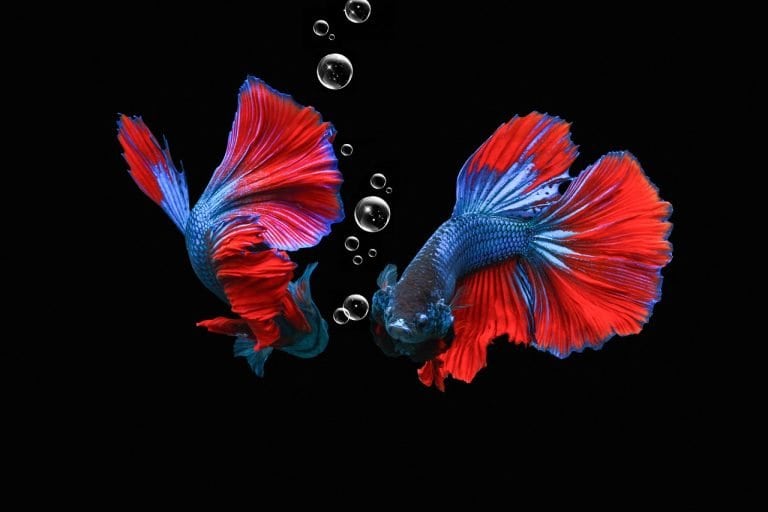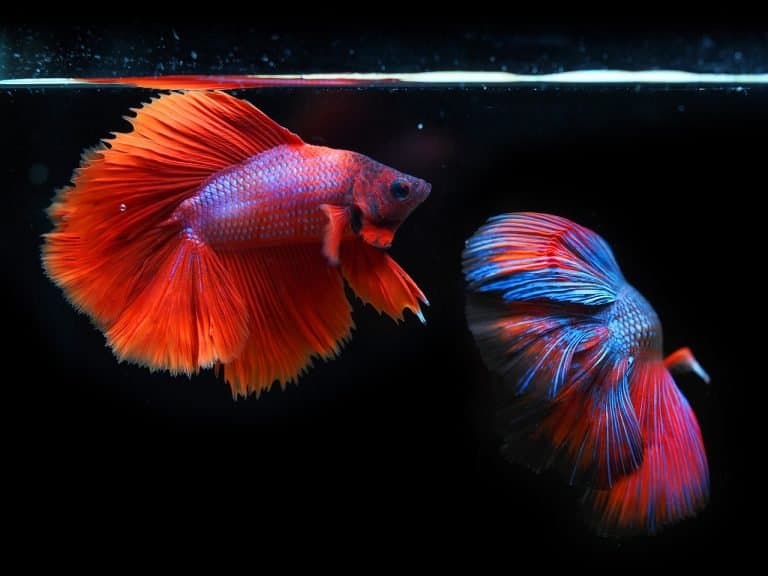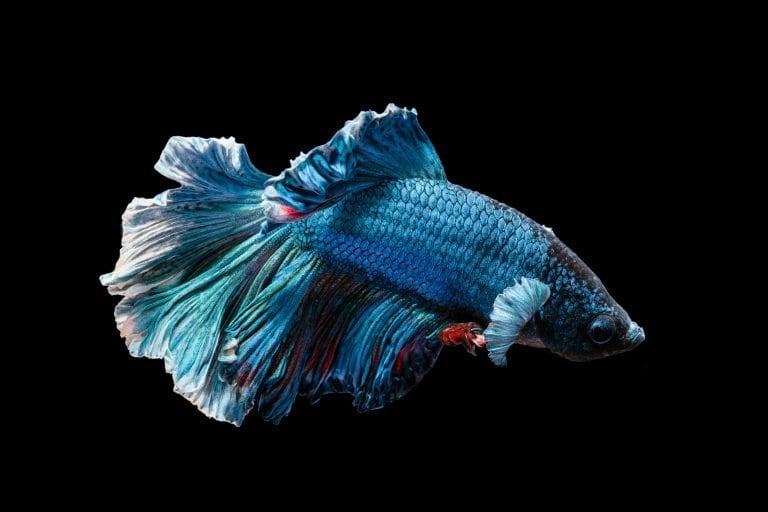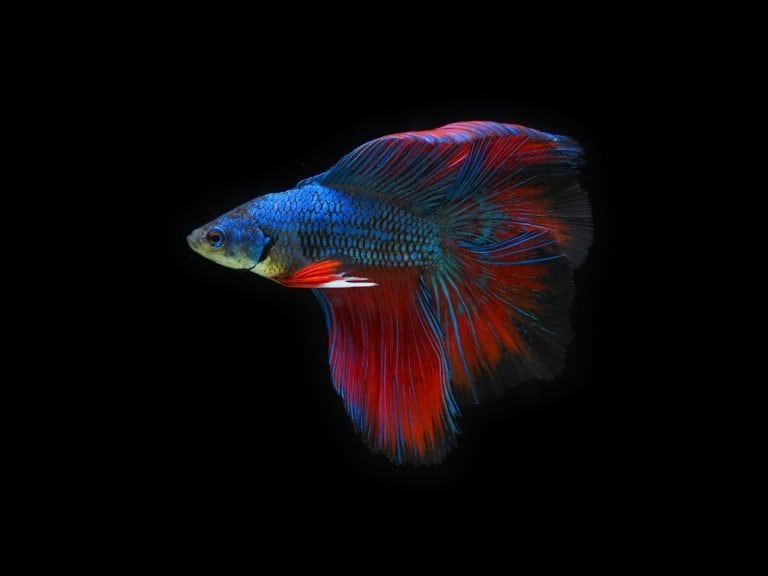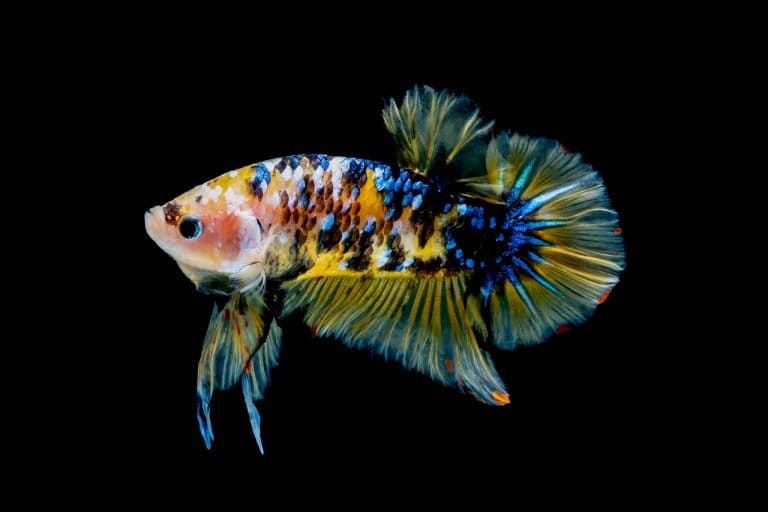Etiology is important to consider when seeking to understand why a betta fish may suddenly engage in tail biting behavior. Tail biting can be caused by a variety of factors, including stress, boredom, poor water conditions, and even genetics.
Understanding these triggers can help betta fish enthusiasts identify potential causes and take necessary steps to prevent harmful tail biting behaviors. For further discussion on this topic, check out the forum thread on Tail biting?.
Key Takeaways:
- Stressful Environment: Betta fish may start tail biting due to a stressful environment, including inadequate space, poor water conditions, or aggressive tank mates.
- Boredom and Inactivity: Lack of mental stimulation or physical activity can cause betta fish to begin tail biting as a form of self-soothing or entertainment.
- Health Issues: Underlying health problems, such as fin rot or parasites, can also lead to tail biting behavior in betta fish.
Common Causes of Tail Biting in Betta Fish
Assuming you’ve noticed your betta fish suddenly starting to bite its own tail, it’s important to consider the potential causes of this behavior. Tail biting in betta fish can be triggered by a variety of factors, including environmental conditions and stress-induced behaviors.
Environmental Factors
Environmental factors such as inadequate tank size, poor water quality, and lack of hiding spots can lead to tail biting in betta fish. Betta fish require clean water and ample space to swim and explore. Additionally, they rely on plants or decorations in their tank to provide places to hide and rest. Without these, a betta fish may become stressed and bored, leading to tail biting as a form of self-soothing or frustration.
- Inadequate tank size
- Poor water quality
- Lack of hiding spots
Recognizing and addressing these environmental issues can help prevent tail biting in betta fish.
Stress-Induced Tail Biting
Stress is a common trigger for tail biting in betta fish. Factors such as overcrowding, sudden changes in water temperature or pH levels, and aggressive tank mates can contribute to stress levels in betta fish. When a betta fish becomes overwhelmed or anxious, it may resort to tail biting as a way to cope with the negative emotions it is experiencing.
Identifying Symptoms of Tail Biting
Any sudden change in a betta fish’s behavior and appearance can be concerning to their owner. When a betta fish starts tail biting, it is essential to identify the symptoms of this behavior to address it promptly. There are both physical signs and behavioral changes that can indicate tail biting in betta fish.
Physical Signs of Tail Biting
One of the most noticeable physical signs of tail biting is the presence of torn or frayed fins. When a betta fish starts to bite its own tail, the fins may appear ragged and uneven. The edges of the tail may look torn and tattered, which is a clear indication of tail biting.
Additionally, there may be visible redness or inflammation around the edges of the fins, indicating that the fish has been chewing on its tail. These physical signs can help the owner identify the issue and take appropriate action to address it.
Behavioral Changes
Aside from physical signs, there are also behavioral changes that can indicate tail biting in betta fish. One common behavioral change is an increase in aggression. The fish may become more agitated and prone to flaring its fins and exhibiting territorial behavior.
Additionally, the betta fish may become more reclusive or lethargic, spending more time hiding or resting at the bottom of the tank. These behavioral changes can be a signal that the fish is experiencing stress or discomfort, leading to tail biting behavior.
Preventing and Treating Tail Biting in Betta Fish
Your betta fish may start tail biting due to stress, illness, or environmental factors. To prevent and treat tail biting in betta fish, it’s important to understand the root causes and take proactive measures.
Adapting the tank environment
Ensuring your betta fish’s tank environment is conducive to their well-being is crucial in preventing tail biting. Providing a proper-sized tank with plenty of hiding spots, live plants, and adequate filtration can help reduce stress levels. Additionally, maintaining a consistent water temperature and performing regular water changes can create a healthy environment for your betta, reducing the likelihood of tail biting.
Common Treatments for Tail Biting
When addressing tail biting in betta fish, it’s important to tackle the underlying issue. If stress is identified as the cause, reducing environmental stressors such as excessive water flow or aggressive tank mates can help alleviate the problem.
Additionally, adding enrichment such as toys, mirrors, or live food can help keep your betta stimulated and prevent tail biting. In cases where tail biting has led to open wounds, utilizing aquarium salt or medication as directed by a veterinarian may be necessary to prevent infection and promote healing.
What Causes Betta Fish To Suddenly Start Tail Biting?
With this in mind, it is important for betta fish owners to be aware of the potential causes of tail biting in their fish. Stress, boredom, poor water quality, and inadequate tank size are all common triggers for this behavior. By addressing these issues and providing a stimulating environment for their betta fish, owners can help prevent tail biting and ensure the health and well-being of their aquatic pets.
